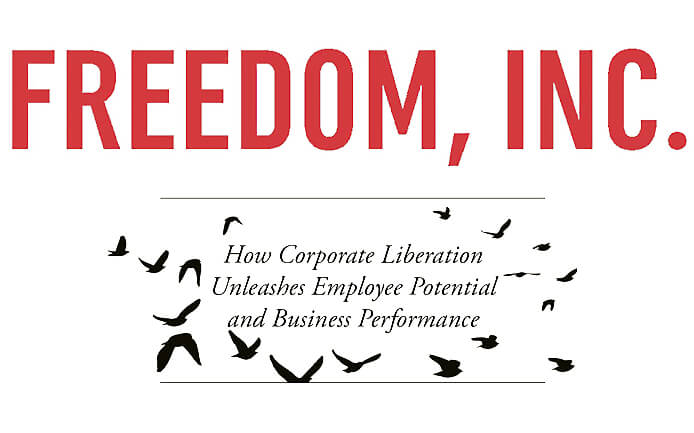 How to Liberate the NHS
How to Liberate the NHS
By Isaac Getz
JULY 16, 2010
Health Secretary Andrew Lansley’s NHS reform, announced this week, is the biggest decentralization of decision making ever undertaken in any organization. The idea of liberating front-line employees is a powerful and exciting one. The bureaucracy of the NHS is not just a nightmare for patients, but also for the doctors, nurses and other workers too. Patients only have to contend with it when they’re sick. NHS employees confront it every day.
But trying to set the NHS free is also fraught with peril in an organization so large and bureaucratic. Announcing to staff that they will enjoy freedom and responsibility in their decisions without building a workplace that makes it possible is a formula for failure.
Building a workplace in which people are free and responsible to make decisions that they—not some bureaucrats or rules—deem to be the best isn’t an ideological issue. It’s an organizational issue that involves finding a form of workplace that delivers the best results for the clients, users, or patients. According to the early 20th-century German sociologist Max Weber, the “bureaucratic organization” was the best. He claimed that only a “strictly bureaucratic organization” was capable of discharging its “official business . . . precisely, unambiguously, continuously, and with as much speed as possible.”
But the unprecedented economic and social growth achieved by traditional bureaucratic organizations has come at a price—both human and economic. British psychologists Hans Bosma, Steven Stansfeld and Michael Marmot, for example, studied the stress levels of more than 10,000 British civil servants and found that men who feel that they have little control over their jobs are 50% more likely to develop heart disease than those who feel that they are in control of their jobs (for women, it’s even worse—the risk is 100% higher). Mr. Bosma and his associates suggest that such control and freedom of choice may be a universal human need. There is a reason, in other words, that the television show “The Office” resonates with so many people on two continents.
Read further here



